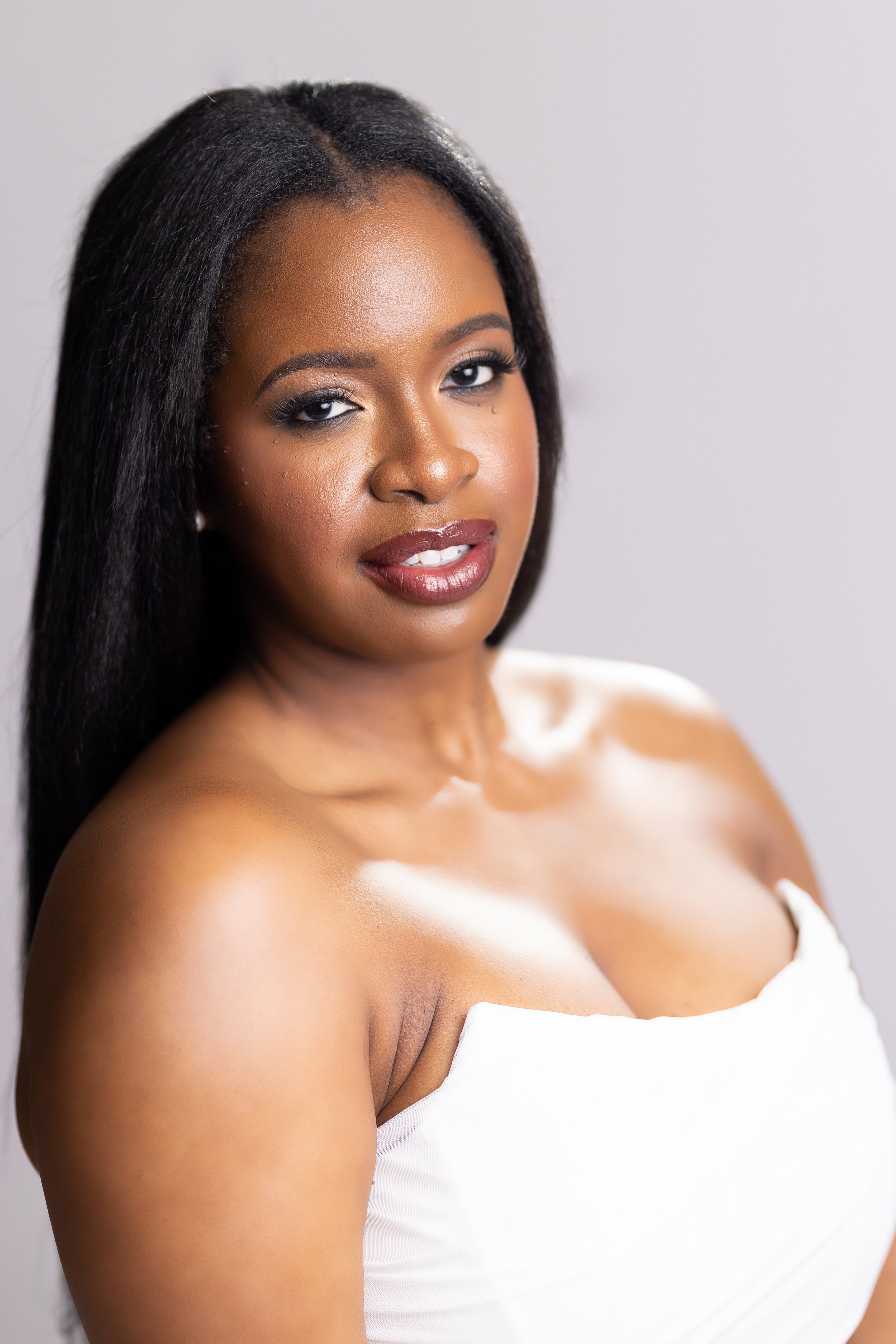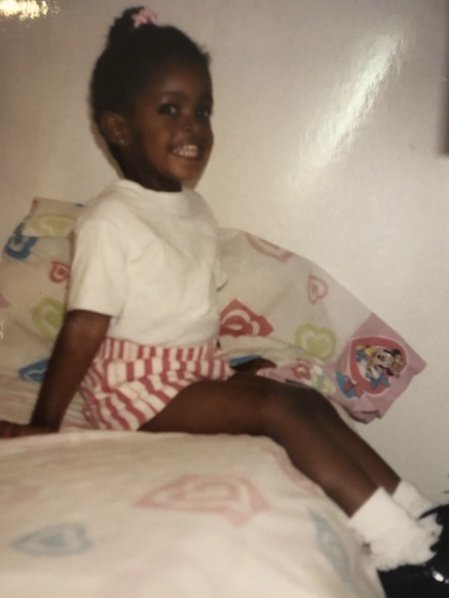



Running from Color by Morenike’: A Review by Renee Ombaba
One of the strongest familial bonds in this life is that between sisters. Gwendolyn Brooks’ quote captures the intertwined spirits of sisters and expresses a bond so strong that one’s freedom, one’s identity, and one’s fundamental fullness of living is contingent upon that of the other. In her book Running from Color, Morenike’ explores the interwoven relationship between two sisters, whose lives, and bond, are challenged by the reality of a harsh and complex racial history in America. This historical novel tells the story of fear, hope, discovery and freedom through the lens of a Southern African-American family in the 1920s and 1930s. Centered around colorism, the main characters are sisters of the Grass family who are different shades of Black. Sisters Olive and Wheat Grass explore their identities through a host of challenges that strengthen their character, their faith in family and most importantly, their bond.

the outlier
the dark skinned girl with the short, dense, tightly curled hair. an anomaly against the standard.
everyone else is beautiful and then there’s me, the beauty that has to be searched for, the beauty that has to be reassured.

Blues, Black Feminism, and Jazmine Sullivan
However, when I first heard “Mascara,” the song confused me. Not that I know Jazmine personally (as I call her by her first name), I just didn’t imagine this piece being an extension of her own reality. Having limited knowledge of Sullivan's history, I can only imagine that the songs that she wrote for this album were not from personal experience but rather a social commentary on the lives of Black women. As I thought about the work in the context of Black women’s struggle, I quickly began to draw connections between Sullivan’s recent work and the tradition of Black feminism in blues music.
Campfire Approach to Racism
You can keep it really cute with the campfire fix to racism and other forms of oppression but we have to call for real work and teaching. We have to fight back with revolutionary demands and tactics. You can get in the ring with me, but be self-aware and fight with me not against.
Southern Spaces: Snarky Puppy Side Projects-Jackson and Hattiesburg, MS
The first time I heard about Snarky Puppy was when Lalah Hathaway changed the scope of Western vocal production by singing a perfect fourth with herself. Not only did I listen to 'Something' by Snarky Puppy featuring Lalah Hathaway for at least two days straight, but I became obsessed with Snarky's fushion of "jazz, funk, and world music." (Snarky's website) Naturally, when a tour name Snarky Puppy announced a stop in Jackson, I knew I had to go. I explored and researched the idea of 'side projects' because I didn't know what that meant. It turns out that the concerts would feature three bands led by members of Snarky Puppy. Pretty cool, right? So we got three interpretations of a jazz, funk, blues, early R&B, rock mix, which turned into one of the most beautiful experiences of my life. From beginning to end, I enjoyed artists presenting themselves to the world through their music. They were open with us trying out new songs, new arrangements, and new interpretations. These artists worked to produce a fresh take on jazz/funk/world music to really begin this new genre of music. This creolization of sound escapes our traditional guidelines for music and uniquely places us in the beginnings of musical creation. It was just fantastic!! No other words could describe the experience, and I went to both Mississippi shows. (Broke my pocket but I'd do it again).
Selma: A Review In Tweets
I've been studying the Civil Rights Movement for nine years. Yes, I'm young, but since high school, I've been fascinated with the movement. Selma, a film that highlights events that led to the passing of the Voting Rights Act of 1965, helped me see the movement in a real way from the view of an artist, which I really appreciated. I enjoying walking through a small part of the movement as if I've never studied it before this time. Going through each step and analyzing all the moving pieces revitalized my passion for the beauty and struggle of the movement. The performances captured the humanity of the people, and the screenplay depicted the reality of the story. There were slow moments and weird editing decisions, but I enjoyed the experience. It's an accessible history for the masses.
Things Black Church thought me
Black people exist.
Black children are important.
Memorization skills (Easter and Christmas speeches)
Oooo, you don’t like my hair…
Ooo, you don't like my hair. You don't like my ability to express my Afrocentric features. You don't like how I can be happy with something you've been taught to hate. You don't like that I don't feel the pressure to look like you with your thinning crown and dusty tresses.
About Dear White People
The best thing about Dear White People was telling my friends that those sorts of overt racisms still exist. (My friends and I graduated from HBCUs.)
The rest of my feelings are stated below in a text message conversation with my friend Hope (Hope and I graduated from a PWI.)
Queen Ombaba: So about dear white people, I don't really like it.
Hope Speaks: Yeah. I've heard that a lot. And I do [like the movie] in spite of some reasons that I questioned it, which worries me. Where did you see it? What's the deal?
About Being a Woman
“How many husbands do you have?” an older gentleman asked me a few nights ago at a dinner party. Stunned by his lack of interest in my educational background or my connection to the host or anything else for that matter, I looked at him with the look of disbelief. In that moment, he measured me as a human being by the number of men in life. As a younger woman, there must be men in my life who no longer serve as paternal guides but serve as a source of strength in light of my ailing place in society: an unemployed educated Black woman. I shifted my weight to my right foot to accommodate for the distance the comment made between him and me. I responded sternly, “None.” Even as the conversation continued, I could hear the questions ringing in my head, “How many husbands do you have? How many husbands do you have?”
